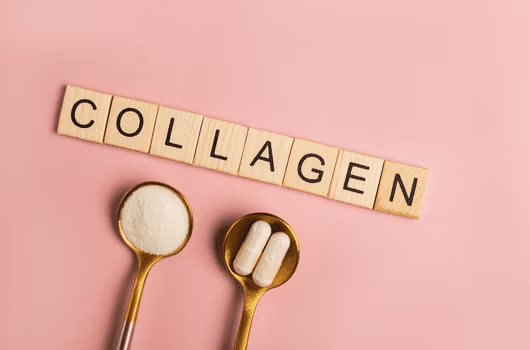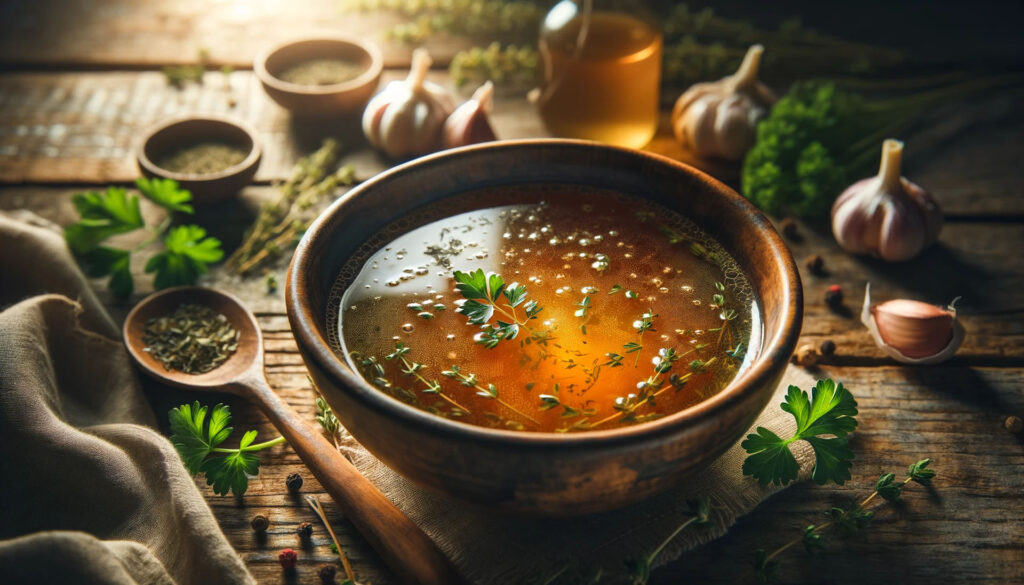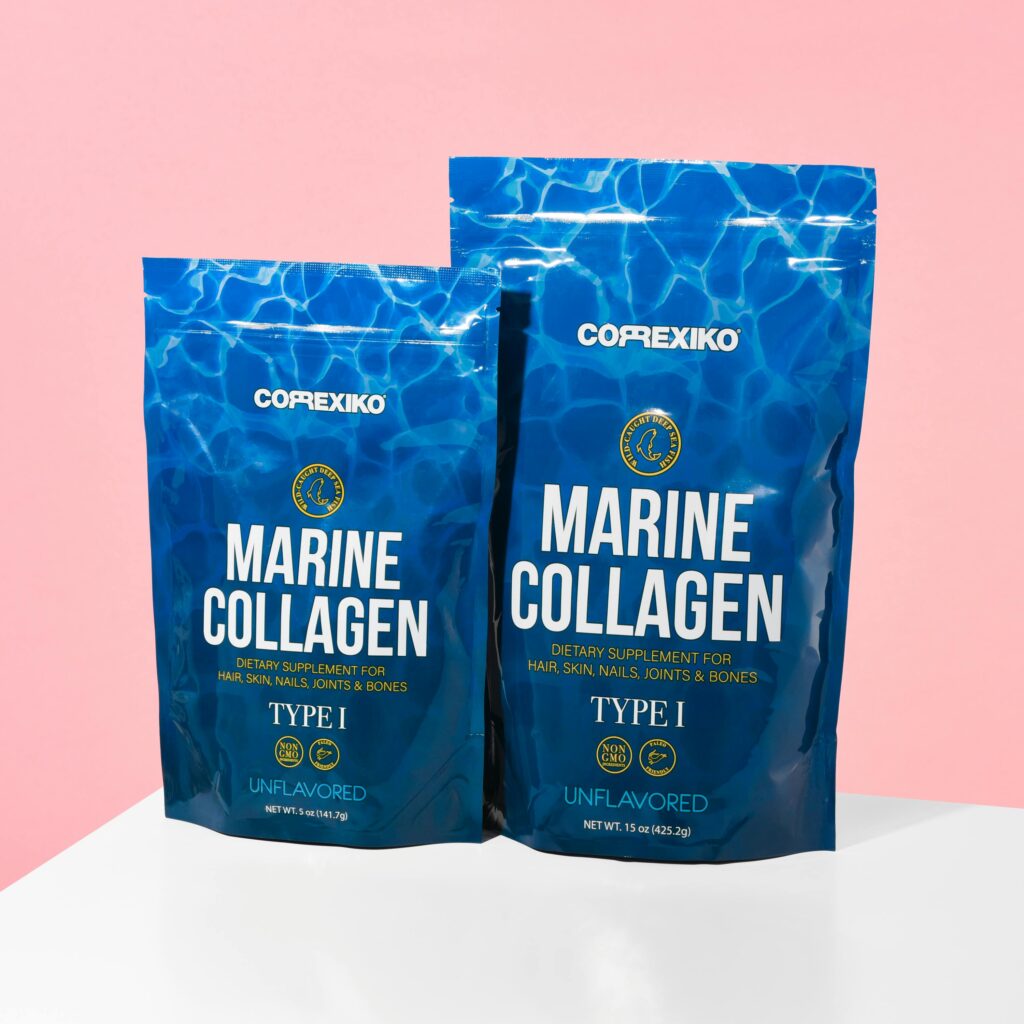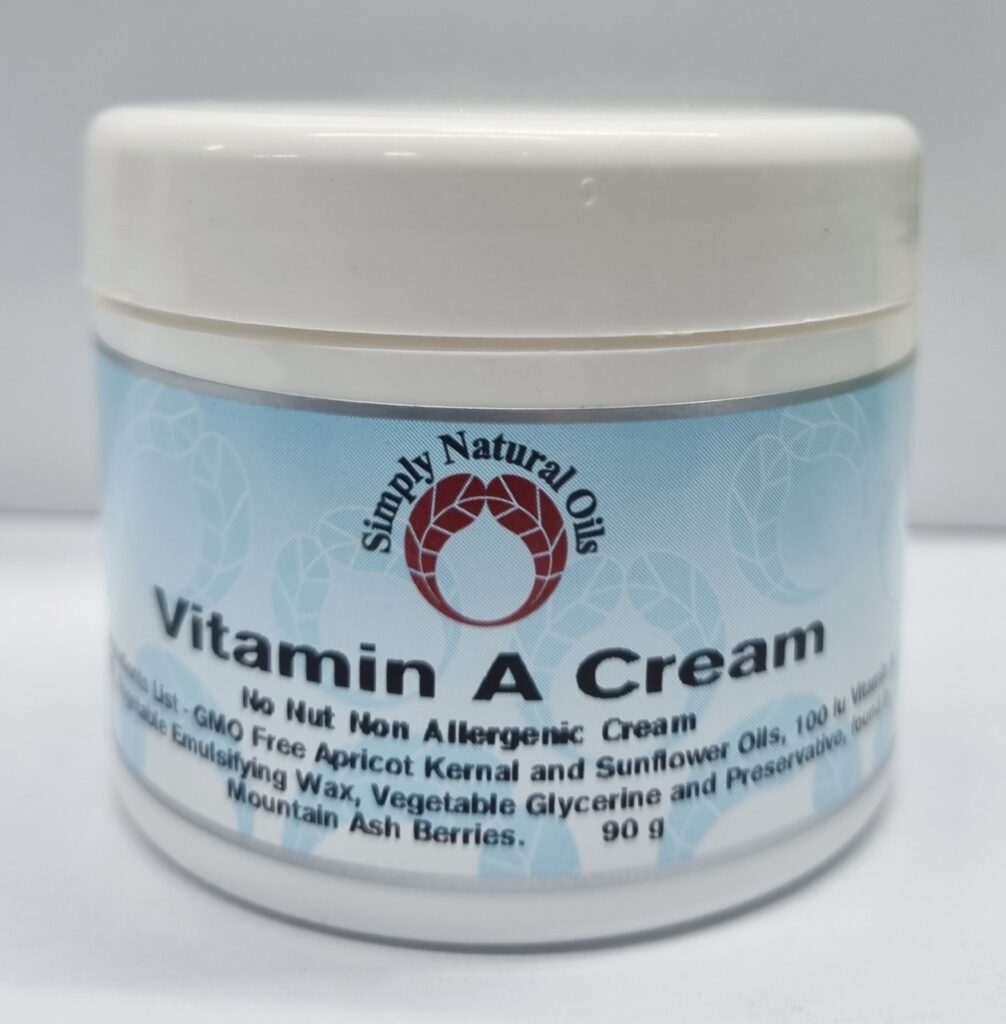
A Guide for Older Adults

Introduction to Reviving Collagen Naturally.
Reviving Collagen Naturally. Here, Collagen gives skin its elasticity, cushions joints, and supports muscles, bones, and blood vessels. However, unfortunately, our bodies produce less collagen as we get older. So then, about 1% less per year after age 30. And by our 60s, production can fall by over 30%.
But there’s good news: But, while we can’t stop aging, we can take steps to stimulate collagen naturally. And help our bodies rebuild strength, flexibility, and glow—both inside and out.
A Brief History of Collagen Use

Reviving Collagen Naturally. As a result, the value of collagen isn’t new. Furthermore, as far back as ancient China, collagen-rich bone broths were consumed for skin and joint health. Subsequently, in the early 20th century, collagen was used in medical treatments for wounds and surgical repair. Here, fast forward to today, and science has caught up with tradition. Hence, clinical studies now confirm the benefits of collagen supplements. Such as, foods, and nutrients in slowing visible aging and improving joint health.
Why Collagen Declines With Age

Reviving Collagen Naturally. For example, several factors accelerate collagen loss:
- Natural aging (especially after 50)
- Sun exposure (UV radiation)
- Smoking and air pollution
- High-sugar diets
- Lack of exercise or poor circulation
- Chronic stress
So then, the result? Wrinkles, sagging skin, brittle nails, weaker joints, and slower wound healing. But all is not lost—there are proven ways to support collagen restoration.
Top Ways to Boost Collagen in Older Adults
🥦 1. Collagen-Boosting Foods

Reviving Collagen Naturally. Besides, certain foods are rich in the amino acids and nutrients needed to make collagen. Focus on:
- Bone Broth – made from simmered bones and connective tissue, it’s naturally full of collagen and gelatin
- Egg Whites – rich in proline, one of collagen’s key amino acids
- Citrus Fruits – provide vitamin C, essential for collagen synthesis
- Berries (especially strawberries and blueberries) – rich in antioxidants and vitamin C
- Leafy Greens – like spinach and kale contain chlorophyll, which may increase collagen
- Nuts and Seeds – almonds, pumpkin seeds, and cashews supply zinc and copper, both needed for collagen production
- Tomatoes – high in lycopene and vitamin C
- Garlic – provides sulfur, which helps collagen form and resist breakdown
- Fish (especially with skin) – provides amino acids and omega-3s for skin repair and joint protection
💊 2. Supplements that Support Collagen

Reviving Collagen Naturally. Generally, for older adults, collagen production may need extra help. Look for these proven options:
- Hydrolyzed Collagen (Collagen Peptides):
Absorbs easily and has been shown in studies to improve skin elasticity, reduce wrinkles, and relieve joint pain when taken daily for 8–12 weeks. - Vitamin C:
Essential for collagen production—without it, collagen breaks down quickly. - Hyaluronic Acid:
Found in many joint and skin supplements; helps retain moisture and support collagen structure. - Zinc and Copper:
Important trace minerals for collagen repair. - Silica (from horsetail extract or bamboo):
Supports collagen and connective tissue integrity.
Look for reputable brands with third-party testing. Daily dosage for collagen peptides is usually 5–10g.
🩺 3. Medical and Therapeutic Options

Reviving Collagen Naturally. For instance, while food and supplements should come first, some medical approaches are available:
- Collagen Injections or Fillers:
Common in cosmetic dermatology to reduce wrinkles or boost volume temporarily. - Microneedling and Laser Therapy:
These trigger the body to repair and rebuild collagen in the skin naturally over time. - Retinoids (Vitamin A creams):
Clinically proven to boost collagen production in skin when used consistently. - Hormone Replacement Therapy (HRT):
Estrogen loss in postmenopausal women accelerates collagen breakdown. In some cases, HRT (under doctor supervision) can help preserve skin and joint health.
Lifestyle Tips to Protect Your Collagen

- Use sunscreen daily – UV damage is the fastest way to break down collagen
- Quit smoking – smoking destroys collagen and limits skin healing
- Reduce sugar intake – excess sugar stiffens collagen fibers and weakens them
- Stay hydrated – collagen needs water to stay plump and flexible
- Exercise regularly – improves blood flow, delivering nutrients to collagen-rich tissues
- Get quality sleep – most collagen is made during deep sleep
Final Thoughts
Reviving Collagen Naturally. Subsequently, collagen decline is part of aging. But you don’t have to accept it without a fight. However, through smart nutrition, trusted supplements, and healthy lifestyle choices. In this case, you can help your body continue producing collagen, supporting healthier skin, stronger joints, and better mobility.
For instance, start small—perhaps a scoop of collagen in your tea, a bowl of bone broth, or some leafy greens with lunch. Over time, these habits can make a real difference.
Pensioner Fitness – Helping You Stay Strong, Steady, and Self-Reliant
DONATE
Pensioner Fitness
Pensioner Fitness Awards
THE BUSINESS CONCEPT, BEST IN BUSINESS AWARDS
- “MOST INSPIRING SENIOR WELLNESS WEBSITE 2023“
THE GLOBAL HEALTH AND PHARMA, FITNESS AND NUTRITION AWARDS
2. “BEST SENIOR FITNESS AND NUTRITION SPECIALIST 2023“
THE MIDDLE EAST AND AFRICA BUSINESS AWARDS
3. “ MOST INCLUSIVE FITNESS PROVIDER 2023″
THE CORPORATE LIVE WIRE GLOBAL AWARDS 2023/2024
4. ” FITNESS ADVISORY PLATFORM OF THE YEAR“ 2023/2024
In Conclusion
Consequently, collagen forms a scaffold that provides strength and structure within the body. And it is an essential component of connective tissue and plays a crucial role in holding the body’s cells together. Besides, it also provides strength and elasticity to the skin. Hence, Endogenous collagen is natural collagen that the body synthesizes. But, Exogenous collagen is synthetic. Here, it comes from an outside source, such as supplements.In addition, Endogenous collagen has a number of important functions. For example, people use exogenous collagen for cosmetic purposes. Such as, improving skin elasticity. Furthermore, doctors also use it in techniques for wound healing.
Important Note *
Remember that everyone is different, it is ultimately YOUR RESPONSIBILITY to find what your body responds to. So please do your due diligence before trying anything new, including getting Medical Advice to ensure your safety and peace of mind.
Connect with me and leave a comment